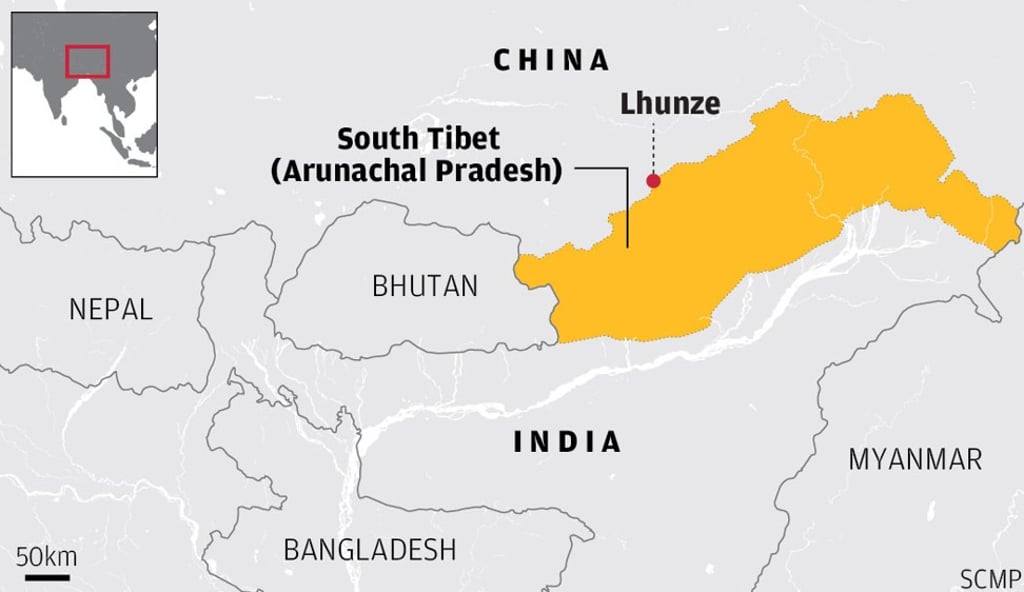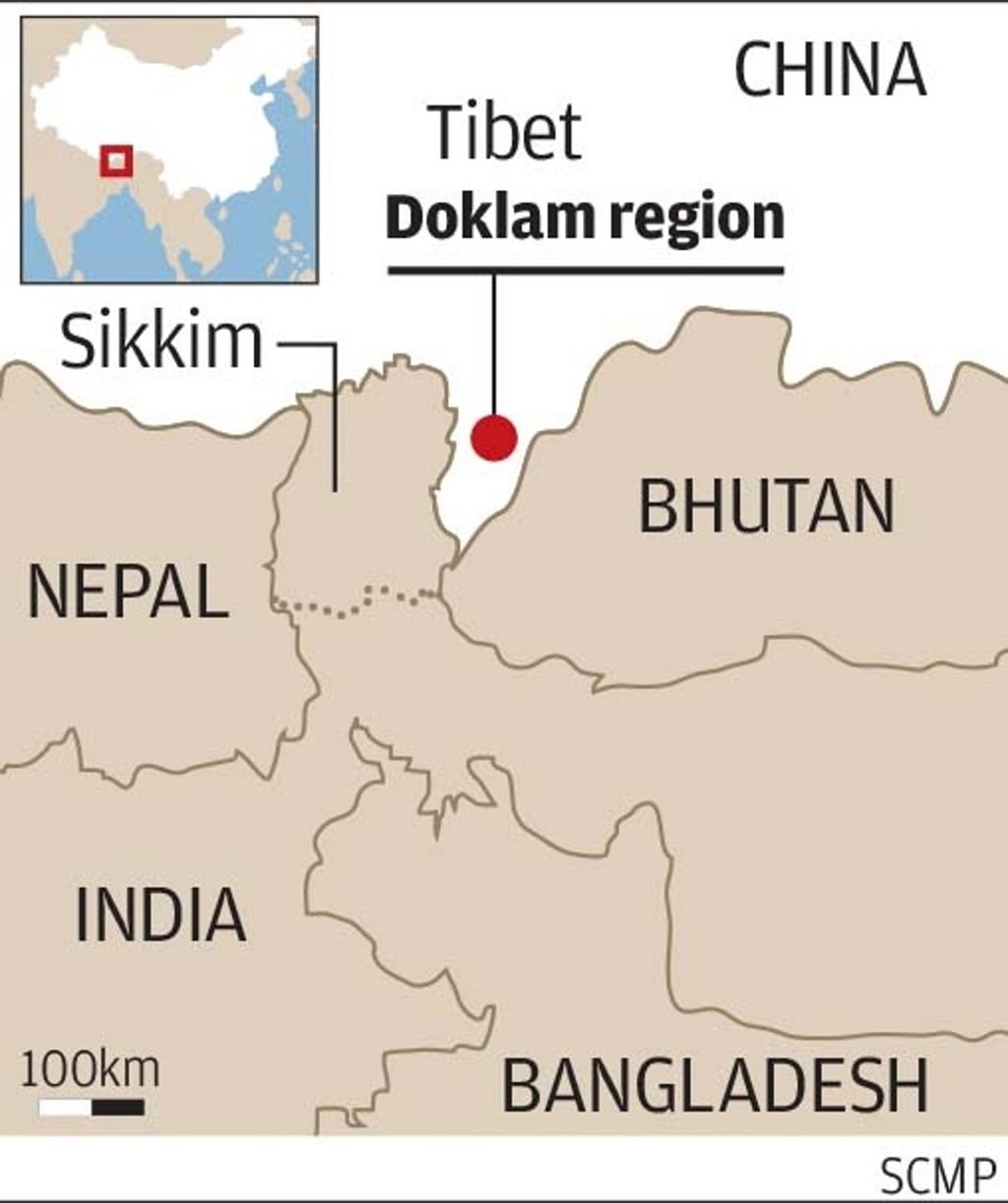Relations between Asia’s two neighbouring giants, China and India – with the latter just a few years away from eclipsing the former in population – are still bedevilled by a variety of problems. A recent report by the Indian Parliament’s Standing Committee on External Affairs, which I chair, has raised serious issues on
Sino-Indian relations, which deserve consideration on both sides of the two countries’ disputed frontier.
Discussion of the report in New Delhi think tanks in the waning weeks of India’s current parliament has brought some of the issues sharply into focus.
China’s frequent reiteration of territorial claims on the north-east Indian state of Arunachal Pradesh, which Beijing dubs “South Tibet”, are in clear violation of an agreement both countries signed in April 2005. One of the guiding principles of the agreement was that settled populations would not be disturbed. There are more than 1.6 million Arunachalese, all Indian citizens. But China’s position is that when it acquires the territory the settled populations would not be “disturbed”, they would simply become Chinese. The parliamentarians have called for
India to “prevail upon China” to respect the agreement and stick to it.
On the 72-day stand-off two years ago on the Doklam peninsula, disputed between Bhutan and China, which saw Indian and Chinese soldiers facing each other near the tri-junction of the three countries’ borders, the report noted that the written agreement in December 2012 was clearly violated by China.
While India’s handling of the situation sent a clear signal it would not accept Chinese attempts to change the status quo by force at any of its boundaries, the parliamentarians expressed concern that Chinese infrastructure close to the tri-junction had not only not been dismantled but had been reinforced. With permanent structures being erected in North Doklam for a significant military build-up, the Chinese appear to be keeping their powder dry for possible future use.
Among other things, the report urged caution on the “inconsistencies” displayed by China in bilateral negotiations on the border and noted there was no mutually agreed Line of Actual Control, allowing each country to have its own interpretation and creating room for misunderstandings.
The Indian government should have a comprehensive Border Engagement Agreement that would guide its engagement with China on border disputes, the report said, as these are now taken up through a variety of mechanisms and channels.




